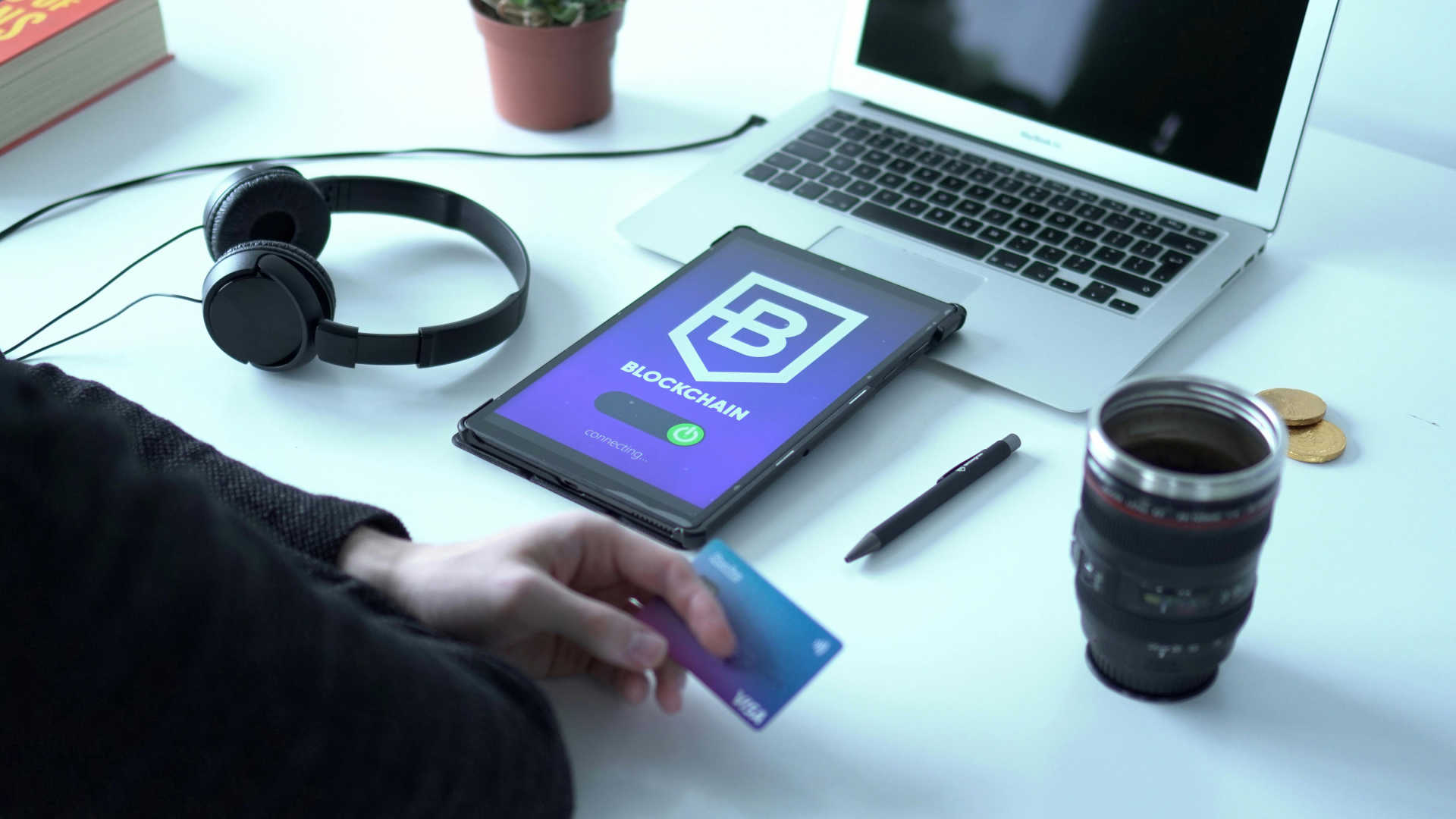In today’s digital world, our identities are becoming increasingly important. From online banking to social media accounts, we rely on our digital identities to access and manage various aspects of our lives. However, with the rise of cybercrime and data breaches, traditional methods of identity verification are no longer enough. This is where blockchain profiles come in. In this article, we’ll explore what blockchain profiles are, why they’re essential for your digital identity, and how they can improve security.
What Are Blockchain Profiles?
A Brief Overview of Blockchain Technology
Before we dive into blockchain profiles, let’s first understand what blockchain technology is. In simple terms, blockchain is a decentralized digital ledger that records transactions across a network of computers. Each block in the chain contains a cryptographic hash of the previous block, a timestamp, and transaction data. This makes it nearly impossible to alter or tamper with the data, providing a secure and transparent way to record and verify information.
How Blockchain Profiles Work
Blockchain profiles are digital identities that are stored on a blockchain. They contain personal information, such as name, date of birth, and address, as well as a unique identifier, such as a public key. This information is encrypted and stored on the blockchain, making it secure and tamper-proof.
When a user needs to verify their identity, they can provide their blockchain profile as proof. The verifier can then use the public key to access the encrypted information and verify its authenticity. This eliminates the need for traditional methods of identity verification, such as providing a government-issued ID or answering security questions.
Why Are Blockchain Profiles Essential for Your Digital Identity?
Improved Security
by Mika Baumeister (https://unsplash.com/@kommumikation)
One of the main reasons why blockchain profiles are essential for your digital identity is because they offer improved security. Traditional methods of identity verification, such as passwords and security questions, are vulnerable to cyber attacks and data breaches. With blockchain profiles, the information is encrypted and stored on a decentralized network, making it nearly impossible for hackers to access and alter.
Additionally, blockchain technology uses a consensus mechanism, where multiple nodes on the network must agree on the validity of a transaction before it is recorded on the blockchain. This makes it extremely difficult for anyone to manipulate the data on the blockchain, providing an extra layer of security.
Increased Privacy
With traditional methods of identity verification, users often have to provide sensitive personal information, such as their social security number or mother’s maiden name. This information can be used to steal their identity or compromise their accounts. However, with blockchain profiles, users have control over what information they share and who they share it with.
Blockchain profiles use a zero-knowledge proof system, where the verifier only receives the necessary information to verify the user’s identity, without revealing any additional personal information. This ensures that users’ privacy is protected while still allowing for secure identity verification.
Streamlined Identity Verification Process
Traditional methods of identity verification can be time-consuming and cumbersome. Users often have to provide multiple forms of identification and answer numerous security questions. This can be frustrating for users and can also lead to delays in accessing services or accounts.
With blockchain profiles, the identity verification process is streamlined. Users can provide their blockchain profile as proof of identity, eliminating the need for multiple forms of identification. This not only saves time but also reduces the risk of human error in the verification process.
How Can Blockchain Profiles Improve Security?
Eliminating Single Points of Failure
One of the main ways blockchain profiles can improve security is by eliminating single points of failure. With traditional methods of identity verification, there is often a central authority or database that stores users’ personal information. If this database is compromised, it can lead to a data breach and put users’ identities at risk.
With blockchain profiles, the information is stored on a decentralized network, meaning there is no single point of failure. Even if one node on the network is compromised, the rest of the network remains secure, making it extremely difficult for hackers to access and alter the data.
Immutable Records
As mentioned earlier, blockchain technology uses a consensus mechanism, where multiple nodes on the network must agree on the validity of a transaction before it is recorded on the blockchain. Once a transaction is recorded, it cannot be altered or deleted, making it an immutable record.
This is especially important for identity verification, as it ensures that the information on a user’s blockchain profile is accurate and cannot be tampered with. This also provides a transparent and auditable record of all identity verification transactions, making it easier to detect and prevent fraud.
Enhanced Authentication
Blockchain profiles also offer enhanced authentication methods, making it more difficult for unauthorized users to access accounts or services. For example, some blockchain profiles use biometric data, such as fingerprints or facial recognition, to verify a user’s identity. This adds an extra layer of security, as biometric data is unique to each individual and cannot be easily replicated.
How Can You Create a Blockchain Profile?
Using a Blockchain-Based Identity Verification Platform
Creating a blockchain profile can be a complex process, as it involves understanding blockchain technology and encryption methods. However, there are now blockchain-based identity verification platforms that make it easier for users to create and manage their blockchain profiles.
These platforms use a user-friendly interface and provide step-by-step instructions for creating a blockchain profile. They also offer additional features, such as multi-factor authentication and biometric verification, to enhance security.
Conclusion
Blockchain profiles are essential for your digital identity, as they offer improved security, increased privacy, and a streamlined identity verification process. With the rise of cybercrime and data breaches, traditional methods of identity verification are no longer enough. By using blockchain profiles, users can have more control over their personal information and protect their identities from potential threats. As blockchain technology continues to evolve, we can expect to see more widespread adoption of blockchain profiles for identity verification.



